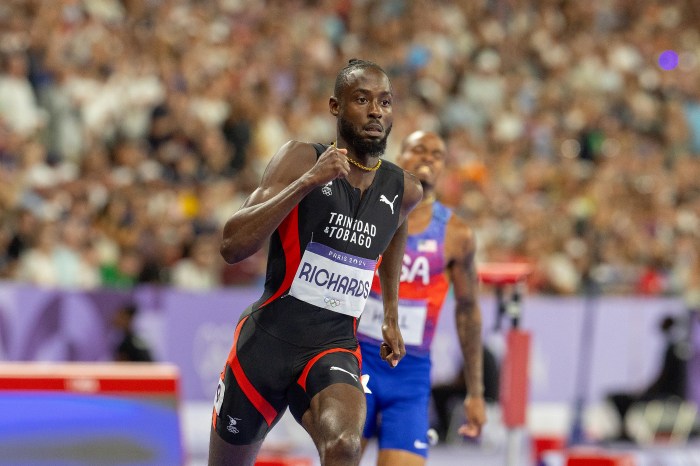Signaling that it might well be losing the battle against transnational and violent crime, the People’s Partnership administration in Trinidad has formally asked the U.S. to seriously consider patrolling its borders to help stem a perennial trade mostly in drugs and guns that authorities blame for an average of nearly 400 murders a year.
Under pressure to bring down crime following his recent transfer from the Ministry of Works to the Ministry of National Security Minister Jack Warner said the island has to be prepared to acknowledge that its borders are poorly protected and even though he did not pinpoint any specific one, critics say attention will most likely be focused on the seven-mile stretch of water in the Gulf of Paria between Trinidad and Venezuela on the South American mainland.
Warner recently replaced retired army chief Brig. Gen. John Sandy at the Ministry of National Security following Sandy’s less than stellar two-year stint at the ministry and he remains under pressure to deliver and to maintain his reputation as a go getter and trouble shooter as murders and gangland violence continue virtually unabated. That ministry is known to fail ministers with the best of intentions. Warner says he has no choice but to succeed.
One of the first things he has done since being appointed in the past two weeks is to approach American Ambassador Beatrice Wilkinson-Welters, detailing a proposal to have American war boats help the local coastguard patrol waters off the 1,200 square mile island. Trinidad is the last and the most southerly of the Caribbean island chain.
“Our borders are porous and all the drugs and arms come through our borders and we need help. If we cannot help ourselves and the Americans could help us, I have no problem with that. I asked them specifically if a request is made of them for the Americans to assist us in patrolling our borders where the drugs and the guns come in and they were quite happy to do so,” he told reporters after the weekly post cabinet briefing.
Since the mid 90s,Trinidad has signed on to one of the most comprehensive mutual assistance treaties with the U.S. among the 15 nations of the Caribbean trade bloc, dating back to the administration of Basdeo Panday and then Secretary of State Warren Christopher.
























